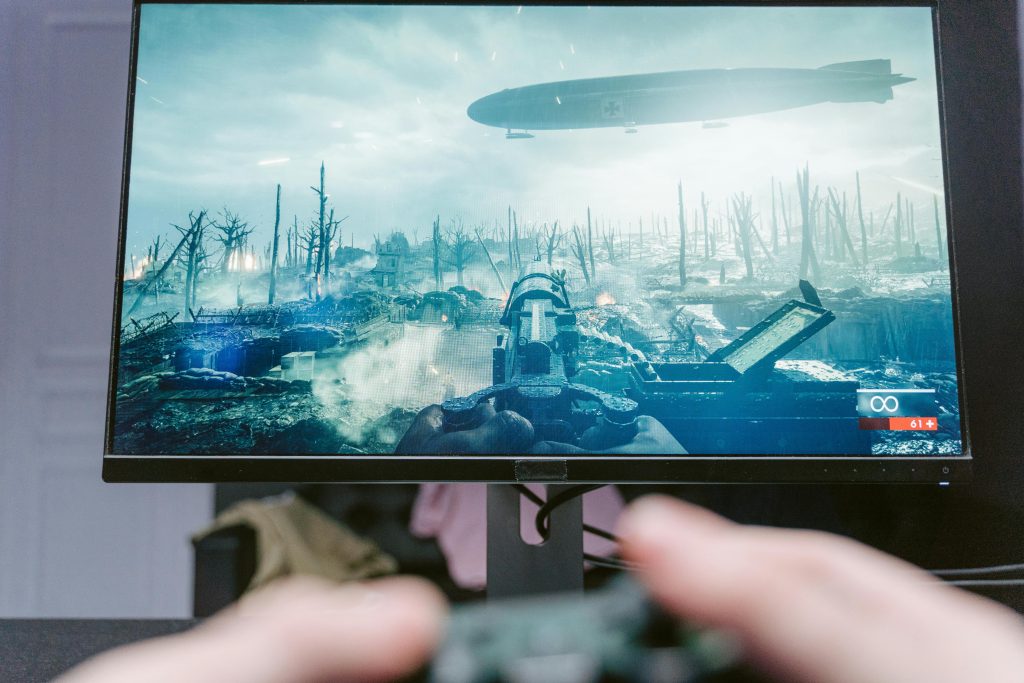Title: Troubleshooting a Gaming PC That Won’t Power On: A Personal Experience
If you’ve ever faced the frustrating predicament of your gaming PC abruptly shutting down, leaving you wondering whether it’s a serious issue, you’re certainly not alone. Recently, I encountered a situation where my PC powered off mid-game as though the power supply was interrupted, yet the power indicator remained lit. After a futile attempt to restart it from the power supply unit (PSU), my computer refused to boot back up. The fans didn’t spin, leaving me stuck with a non-responsive machine.
To troubleshoot the problem, I undertook several steps:
- Changed the Power Lead: I tried using a different power cable to ensure that the original lead wasn’t the issue.
- Reseated the RAM: Occasionally, RAM seatings can become loose, so I reseated all memory modules.
- Reconnected Cables: I unplugged and reattached both the 24-pin and 8-pin power cables to the motherboard for a secure connection.
- Disconnected Peripherals: With the hope that external devices could be causing the issue, I removed all peripherals from the system.
Despite these initial attempts, the situation remained unchanged.
A Glimmer of Hope: Booting Without the GPU
Then, amid my troubleshooting, I decided to remove my graphics card (GPU) from the system. To my relief, the PC managed to boot up successfully. However, this led to further uncertainty: Was the GPU faulty, or was my power supply inadequate for my setup?
For reference, here are my PC specifications: PCPartPicker List.
Continued Troubleshooting: Exploring More Options
In a bid to resolve the problem, I attempted to lower the clock speed of the RAM and disconnected additional components. Unfortunately, these efforts did not yield any improvements. As a temporary workaround, I reverted to my old NVIDIA 1050TI graphics card, which, while showing some artifacts, allowed my system to boot.
After further consideration, I opted to invest in a new PSU and began the process of obtaining a Return Merchandise Authorization (RMA) from MSI for the GPU.
Final Thoughts: Power Supply Considerations
This experience taught me a valuable lesson: never settle for a power supply that merely meets the minimum wattage requirements for your components. It’s crucial to ensure you have a robust and reliable PSU that
Share this content:




It sounds like you’ve already performed several key troubleshooting steps, which is great. Based on your description, since your PC powers off unexpectedly and doesn’t restart, there are a few additional things you might consider:
If you’ve already ordered a new PSU and are planning to RMA the GPU, that’s a solid approach. Make sure to test the new components thoroughly once you have them. If issues persist, consulting a professional technician for